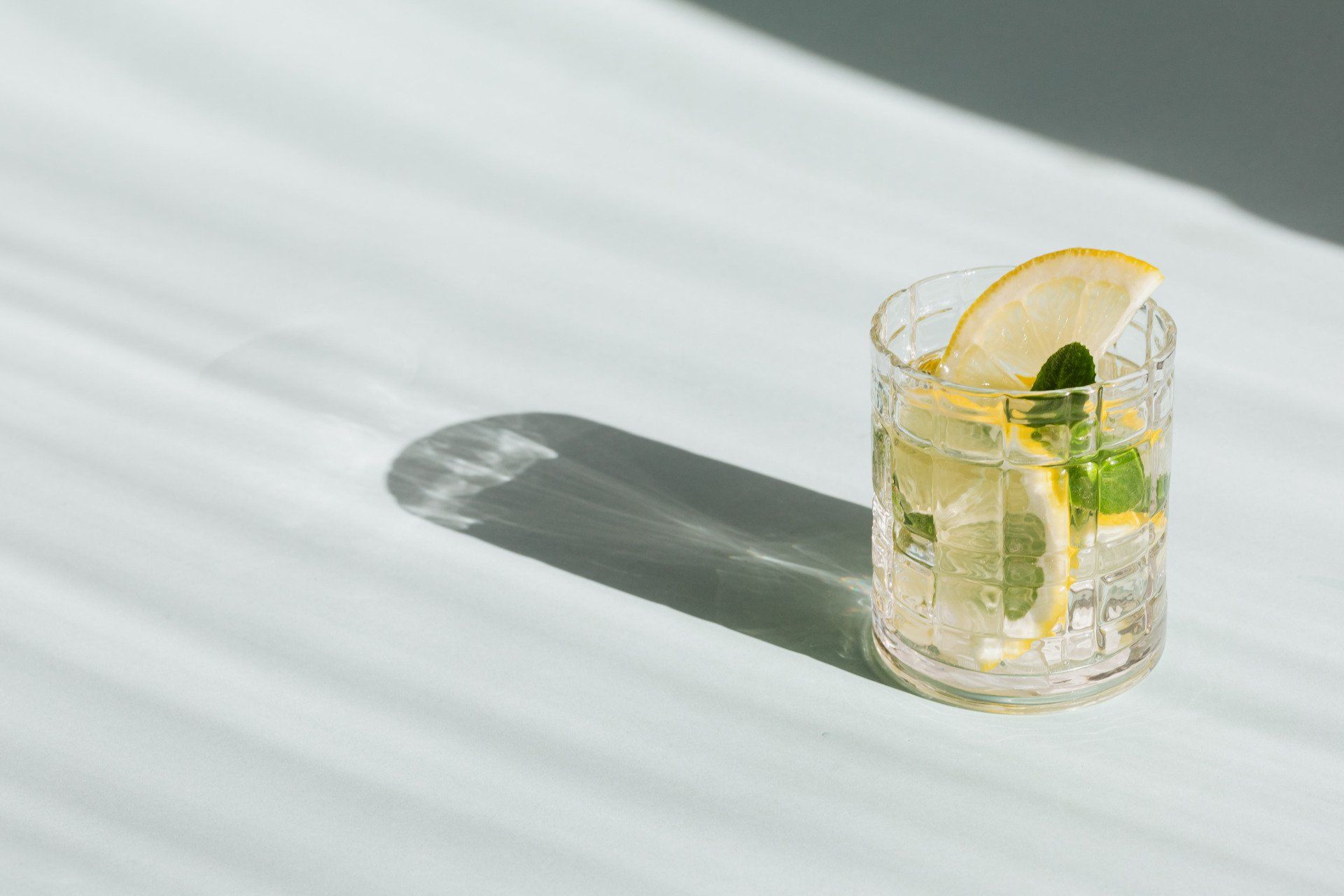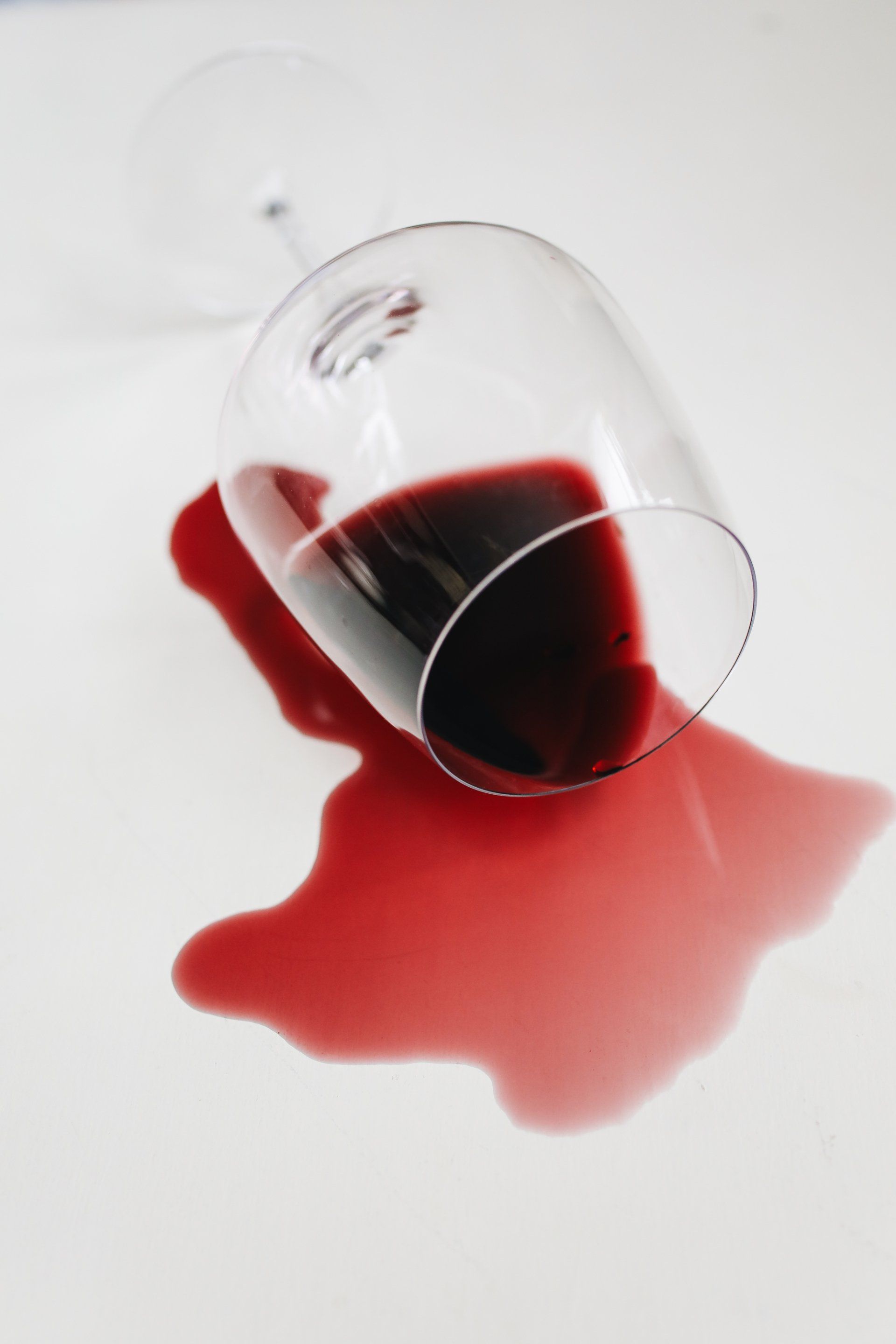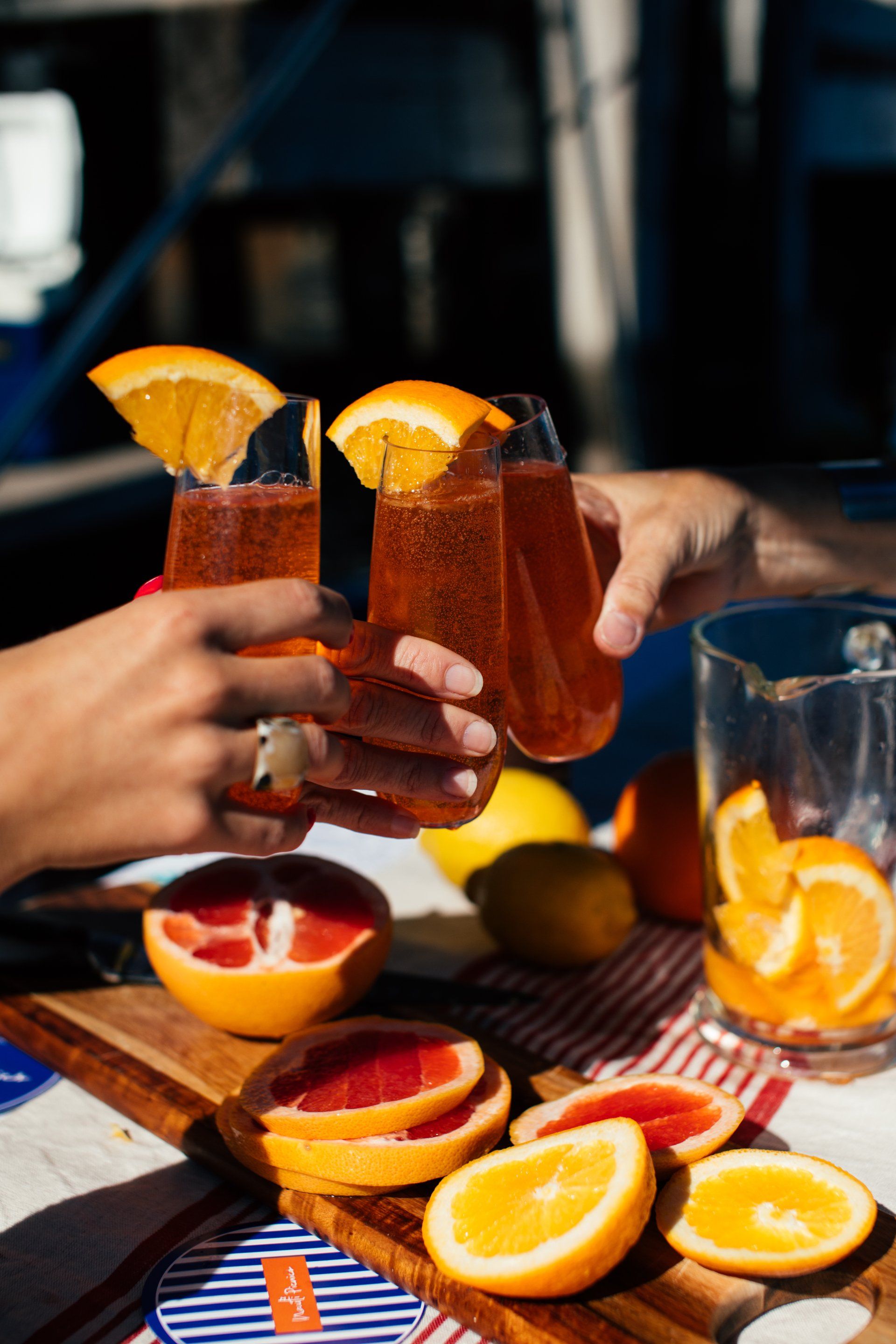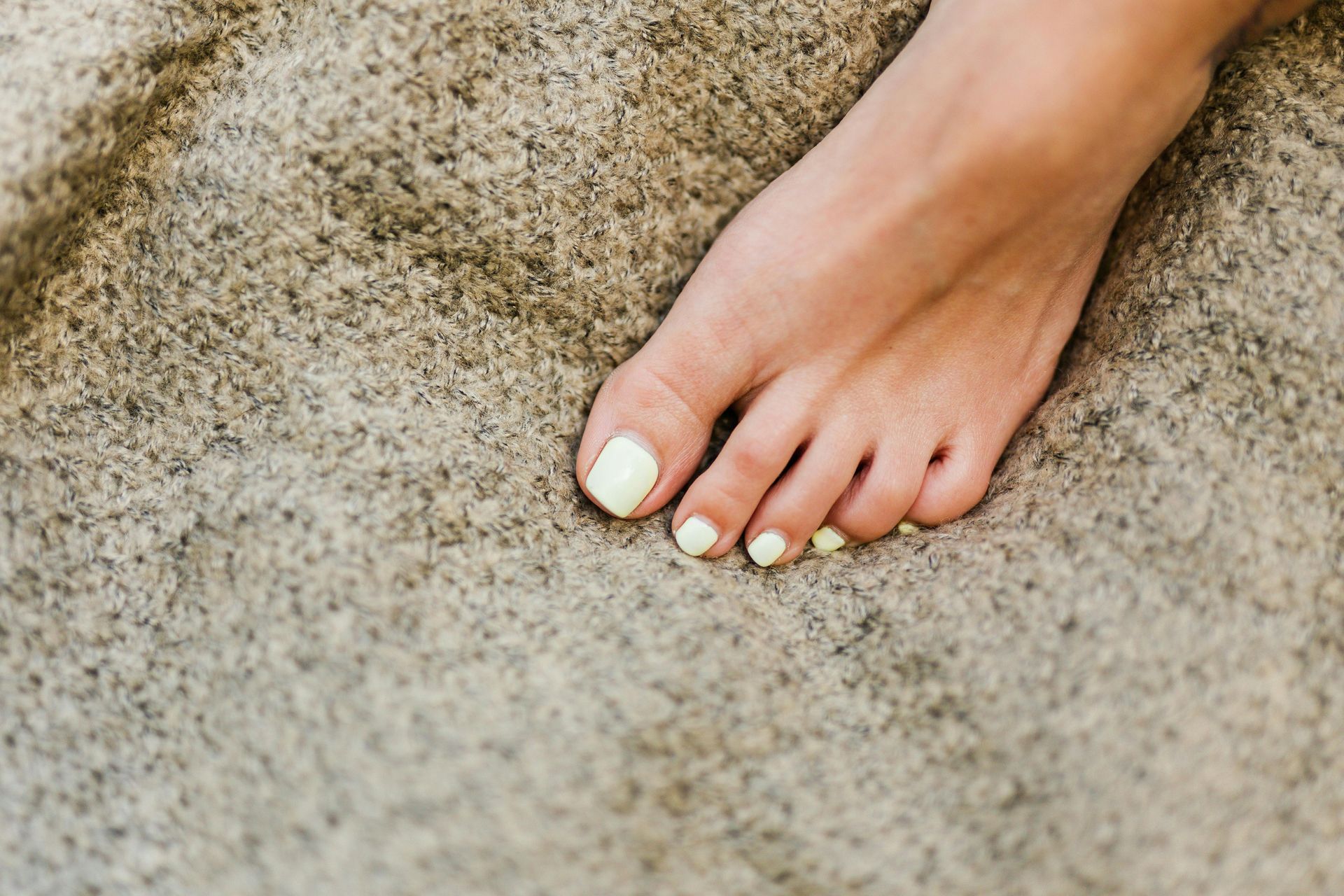What am I expecting to experience from this month?
Improved general health- We know that alcohol has a negative effect on liver function; blood pressure; cholesterol; sleep and weight, so I'm expecting to end the month feeling better generally.
Research from the Royal Free Hospital in 2016 found that participants saw improvements in concentration and sleep patterns, as well as positive impact on blood sugar levels, blood pressure and the liver.
Reduced cancer risk - here's a shocker - just one alcoholic drink increases your risk of breast cancer. Don't fancy getting that again. It's considered a Group 1 carcinogen, lumped in with radiation and tobacco smole.
Immune system improvement- We're all a little bit obsessed about immune function right now. And it seems that the demon drink weakens your immune system, making you more vulnerable to pathogens, and inflammatory reactions throughout the body.
Apparently, even one night of heavy drinking can impede your ability to fight off infections up to 24 hours later.
Reduced number of hot flushes - red wine particularly contains sulphites, tyramine and histamines which seem to trigger hot flushes. This is definitely my experience.
Additionally, alcohol affects the central nervous system, the circulatory system, and can increase heart rate and widen blood vessels in your skin. This can trigger sweating. Joy.













